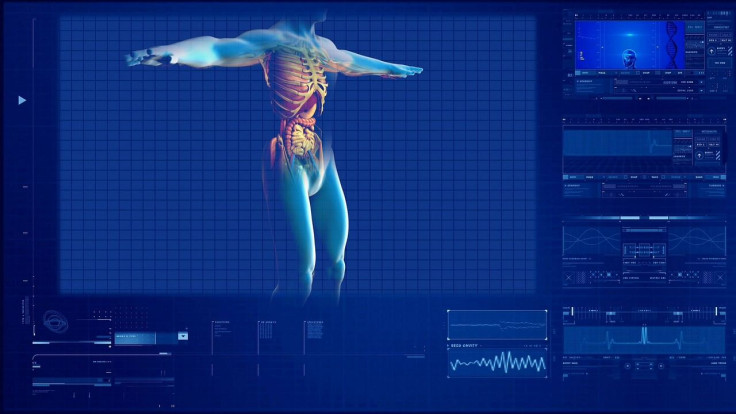Does The Brain Age Faster Than The Liver? Different Organs Age At Different Rates

A new animal study suggests aging is not a gradual decline of the entire body all at once, but a more disordered process with some organs deteriorating faster than others. How each individual organ ages depends on its cellular proteins and its physiological function in the body, new research from the Salk Institute for Biological Studies proposes.
“Aging is associated with the decline of protein, cell, and organ function,” wrote the authors in their study. “We identify 468 differences in protein abundance between young and old animals.”
Aging, in clinical terms, is a progressive deterioration of organ function as the cells and proteins within organs decline. Meanwhile, the activity levels of genes decrease as animals grow older, past studies have shown, with most genes showing similar changes across all organs. However, a recent study using state of the art technologies on mice tissue concluded the vast majority of proteins remain unchanged in number with age. These recent findings made the issue of age more confusing.
How exactly does aging affect proteins, then, if it doesn't decrease their numbers? the scientists wondered. Do age-related changes differ from organ to organ?
The Brain vs. the Liver
Co-first authors of the study, Dr. Brandon Toyama of the Salk Institute and Dr. Alessandro Ori of the European Molecular Biology Laboratory combined genomics and proteomics in their examination of young and old rats. By focusing on both genes and proteins at once, these two researchers and their colleagues were better able to analyze cellular changes in the animals’ livers and brains. What did they discover?
First, they were able to identify 468 differences in protein abundance between the young and old animals. Second, they observed another set of 130 proteins showing age-related differences in terms of their location within cells, their phosphorylation state, or some other characteristic that would affect either the activity level or function of proteins.
Essentially, then, these discoveries expanded the list of (mammal) proteins modified by age.
The scientists most dramatic finding? Most of the age-related differences in proteins could be found in just one organ or another, with the brain aging faster than the liver. In fact, a larger proportion of proteins in the brain were affected by aging compared to the liver. The reason why, the researchers theorized, is because cells in each of these organs function uniquely. Throughout adulthood, for instance, cells in the liver are frequently replaced. By contrast, neurons in the brain are non-dividing and must survive for the entire lifetime. And so they feel the effects of aging most.
Based on their new findings, the researchers define aging as an organ-specific deterioration of the cellular proteome. Going forward, they plan to study differences between individuals, nevertheless, the researchers believe this current work provides "a rich data resource to stimulate further studies of aging."
Source: Ori A, Toyama BH, Harris MS, et al. Integrated Transcriptome and Proteome Analyses Reveal Organ-Specific Proteome Deterioration in Old Rats. Cell Systems. 2015.



























